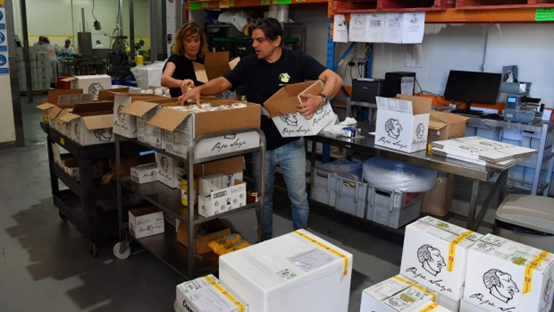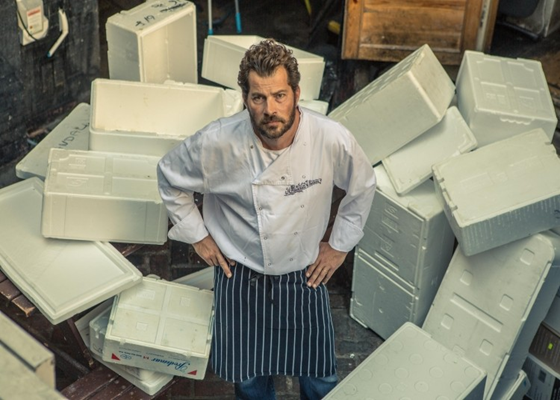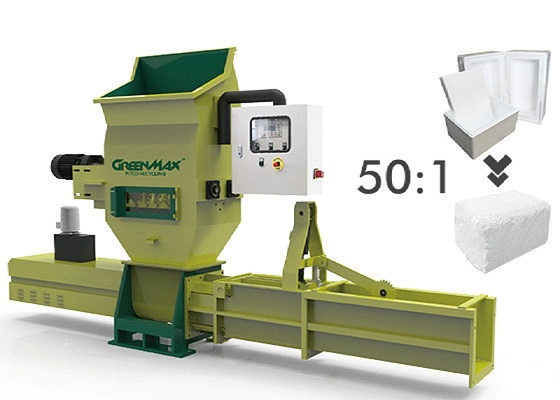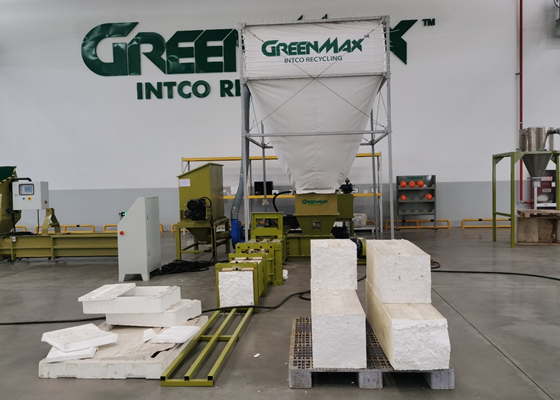Covid-19 seems to have gotten worse recently, with some residents forced to stay at home or even unable to carry out their normal work. Since the outbreak of the epidemic, home delivery has become more and more popular, which can greatly reduce unnecessary contact between people and reduce the risk of illness. The Pepe Saya team in Australia pivoted to direct-to-consumer online sales during COVID, packing cultured butter into EPS boxes layered with special wrapping and frozen gel packs that keep the product under 4 degrees for up to 48 hours.

EPS packaging is indeed a good choice during the transportation process during the epidemic. EPS packaging has the function of heat preservation, which is very suitable for the transportation of foods with high-temperature requirements, such as fresh fish and dairy products. Thanks to the impact resistance of EPS, soft and fragile fruits and vegetables can also remain intact, and even the fragile objects we buy from the Internet are indispensable for the protection of EPS packaging. A packaging industry boss in Australia also claimed that during Covid-19, the demand for EPS packaging volume is multiplying.

While enjoying the convenience brought by EPS, we should also actively take measures to recycle waste EPS. In the beginning, in response to the national call, many related companies promised to help with EPS recycling, but after a period of time, everyone found that things were not as expected. In the process of EPS recycling, the storage and transportation of EPS waste require a lot of human and financial resources. Many companies are ready to give up EPS recycling and even start to bargain with the government.
To solve this problem, GREENMAX has designed a variety of EPS recycling machines, including an EPS melting machine, EPS compactor, and EPS crusher. Among them, the EPS compactor is the most popular in Australia and Europe. With an EPS compactor, the volume of EPS can be greatly reduced. The compression ratio of this EPS recycling machine is 50:1. The EPS is cut into pieces in the crushing bin of the EPS compactor, and compacted EPS blocks are formed by the extrusion of the twin screw, thus greatly reducing the floor space and transportation costs.

We have a New Zealand customer who is a manufacturer engaged in the construction industry. During the production process, a lot of EPS scraps are always generated. In the beginning, there were about seven cubic meters of EPS waste per day, and later about 300-400 tons per month. Because of the high transportation and handling costs, as well as some other inconveniences, the customer interrupted the cooperation with the previous recycler and chose to carry out EPS recycling by himself. After learning that GREENMAX is an EPS recycling expert, he immediately came to consult us. After our repeated discussions, the customer finally purchased an EPS recycling machine and expressed his satisfaction with it. He also hoped to have long-term cooperation with GREENMAX.
